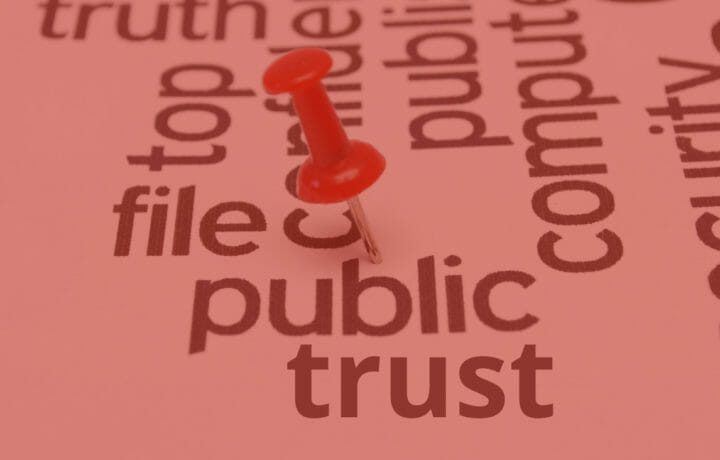The national security industry employs a certain caliber of person. Honest, adaptive, and willing to live a life adhering to adjudicative guidelines. Public trust positions fit under that umbrella. These positions serve the mission but are distinct from cleared roles. So, here are three things you need to know about public trust positions.
1. Passing a public trust check doesn’t guarantee a security clearance
And vice versa! Public trust grants access to sensitive, non-classified data. The common application used for applying to such positions is the SF-85P. While public trust positions do require a background investigation, many of the checks are automated and include basic criminal and credit inquiries.
2. The adjudicative guidelines are the same as those for security clearances.
While public trust roles lack classified data access, being granted a position hinges on the same adjudication standards as security clearance positions. However, suitability varies across government agencies. What may be an issue at one agency may not be as weighty at another. A common concern for applicants is past drug use. So those with a history may have an easier time with the Department of State rather than law enforcement agencies.
3. Lying on your application will haunt you.
Despite the lesser checks involved in a public trust application, providing accurate responses to all questions is essential. While issues may not surface during the application process, the truth always comes out – especially if you pursue a security clearance in the future. Disclosing past issues, accompanied by evidence of personal growth, increases approval chances.
Common positions requiring public trust include federal IT or finance roles, immigration, federal policing, public safety and health workers, among others. Although paths to security clearances and public trust positions share similarities in paperwork and questioning, the key difference comes down to access to classified vs. sensitive information.



